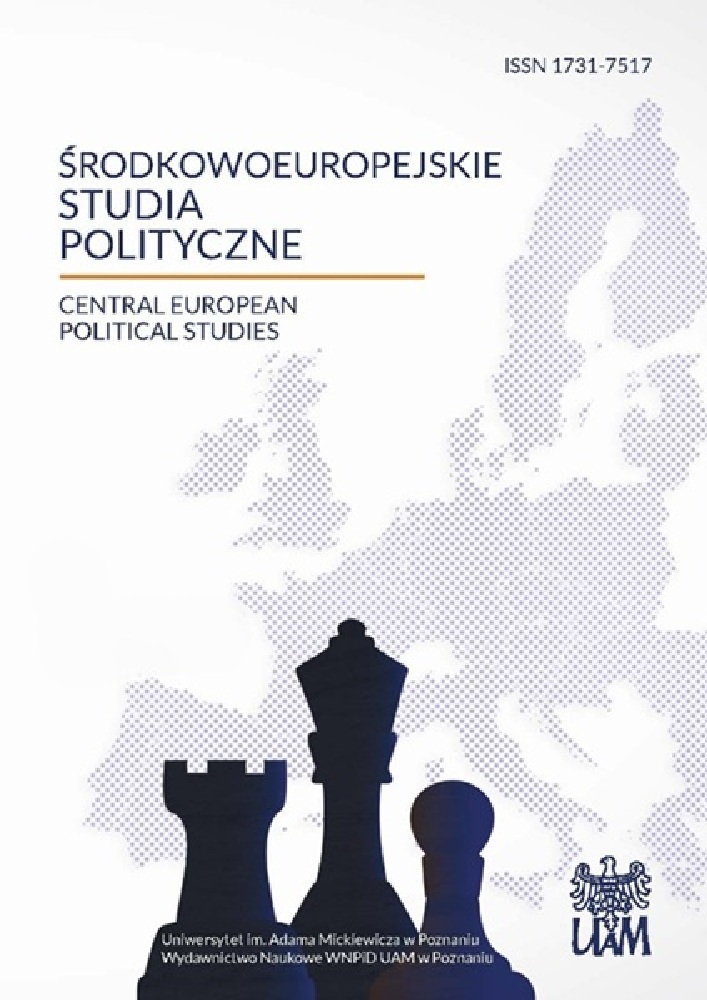Abstrakt
The paper analyzes the attitude of nationalist parties in four Central European states (Poland, the Czech Republic, Slovakia and Hungary) to European integration. After 2004, some of them, e.g. the League of Polish Families (LPR), the Slovak National Party (SNS), and Jobbik in Hungary, gained parliamentary representation, or even entered governments thus obtaining some (albeit limited) influence on foreign policy. Their attitudes frequently expressed social fears and anxieties related to the accession to the EU. The integration process as such was assessed in different ways: from the demands to leave the Union and warnings that the states will lose their independence, to the approval of the Europe of nations concept, and the endorsement of EU membership. Their attitudes, contained in the political platforms of the parties, also reflected traditional antagonisms and the fear of neighbors and their policies (this mainly concerned the fear of all sorts of German and Hungarian revisionist claims), as well as ther views on the influence of other subjects on the state’s sovereignty and condition (including the frequent argument of excessive exploitation and threats to national possessions).Licencja
Copyright
© 2010, Uniwersytet im. Adama Mickiewicza w Poznaniu, Wydawnictwo Naukowe Instytutu Nauk Politycznych i Dziennikarstwa
OPEN ACCESS
